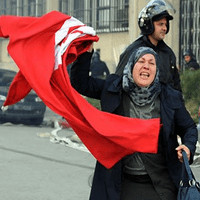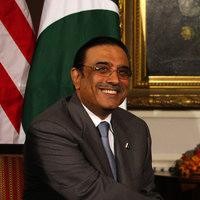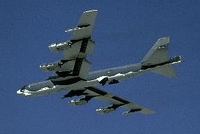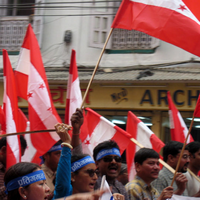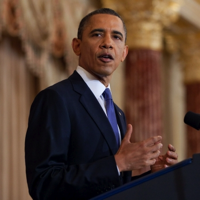
Much of the reaction to President Barack Obama’s speech on U.S. Middle East policy last Thursday focused on his reference to Israel’s pre-1967 borders as the basis for a future two-state solution with Palestine. But Obama’s speech was far more focused on long-term realities, suggesting that he is not really willing to push for some historic Israeli-Palestinian peace plan against the background of the Arab Spring. In fact, it’s fair to wonder why he chose to expend any of his political capital on this deadlocked issue, especially since he had to know that Israeli Prime Minister Benjamin Netanyahu would reject […]


